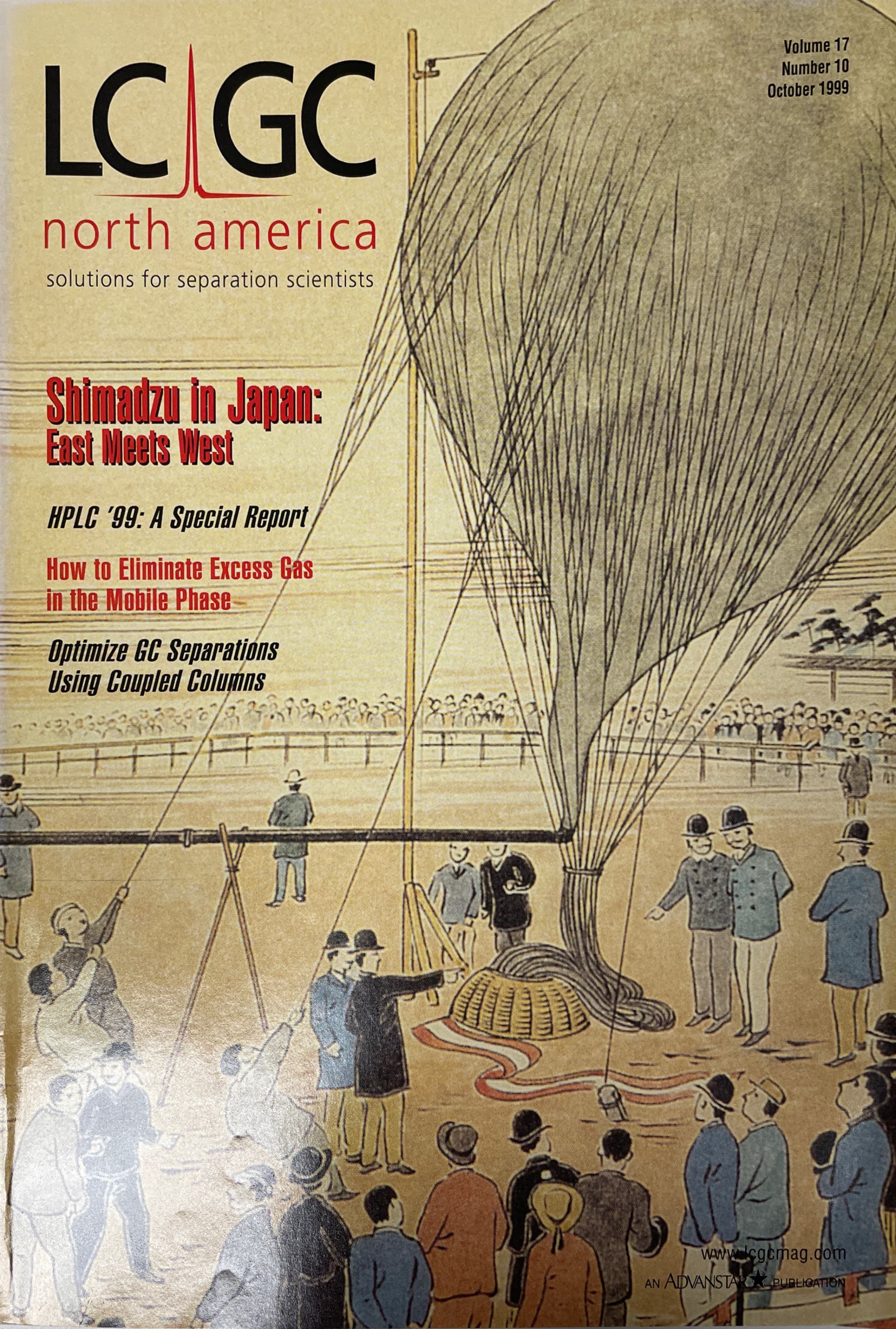Superheated Water: A New Look at Chromatographic Eluents for Reversed-Phase HPLC
The authors propose using water superheated to 100–240 ºC as an alternative liquid eluent for reversed-phase high performance liquid chromatography (HPLC) to overcome many of the problems of toxicity, flammability, and cost associated with organic modifiers. Superheated water has been demonstrated as an eluent with a number of stationary phase materials, including poly(styrene-divinylbenzene) and porous graphitic carbon both isothermally and in thermal gradient mode. It is compatible with conventional HPLC spectroscopic detectors and also can be used with flame ionization, nuclear magnetic resonance spectroscopy, and mass spectrometry detectors. The authors provide examples of separation applications, including aromatic compounds, pharmaceutical compounds, and vitamins.
LCGC 17(10), 938–945 (1999)
HILIC Peptide Retention Times Predicted Using New Approach
October 29th 2024Manitoba Centre for Proteomics and Systems Biology scientists produced a new means of predicting peptide retention times for hydrophilic interaction liquid chromatography (HILIC) at acidic pH in formic-acid based eluents.